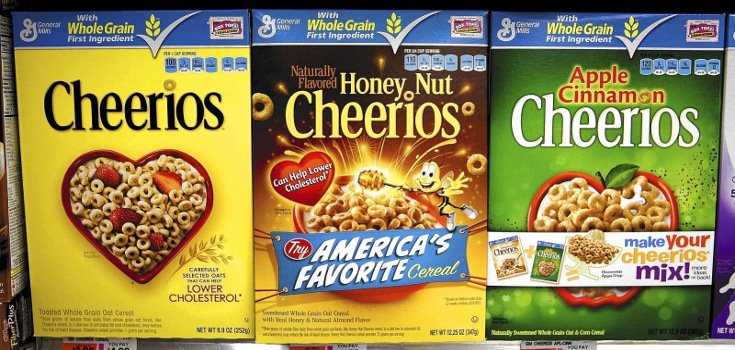General Mills Sued for Dumping 15,000 Gallons of Cancer Chemicals into Air and Water

Unlike Pepsi Co, which recently got let loose from a class action lawsuit concerning a carcinogen used in soda, a class action lawsuit against the maker of Cheerios, Yoplait yogurt, and Pillsbury cinnamon rolls was just certified by a federal judge.
Minneapolis residents claim that General Mills polluted their air and water with more than 15,000 gallons of carcinogenic solvents that have seeped into homes.
General Mills (GM) makes hundreds of foods that most Americans are used to eating on a daily basis, but the company obviously has little concern for the health of the mouths they make millions from.
Plaintiffs in the class action suit claim that GM released trichloroethylene – a chemical used to extract vegetable oils from plant materials – into the area around its former facility in Minneapolis. The company disposed approximately 15,000 gallons of chemical solvents into the air and water supply.
Dr. Lorne Everett, an expert for the citizens of Minneapolis states that:
“[GM disposed of] large quantities of toxic chemicals, including [trichloroethylene] TCE, at the facility, has resulted in widespread soil vapor contamination.”
GM is blaming it on other nearby facilities, in a typical Big Food ‘it wasn’t me’ defense, as well as saying household solvents were the cause – indeed – for 15000 gallons of chemical, carcinogenic solvents.
GM has had to investigate the quality of the air, water, and soil around its facilities before due to concerns of toxicity.
GM also knowingly disposed of 1,000 gallons of laboratory solvents and other chemical wastes at its technical research property. In 1980, General Mills sold the property to the Henkel Corporation, which ceased operation in 1985.
In the recent past, mega-corporation General Mills was forced to remove the label “100% Natural” from more than 20 of its products, including its Nature Valley snack bars and crispy squares. The company was trying to market and sell their product as being ‘natural,’ when in fact they were chock-full of toxic, non-natural ingredients. Just another example of how GM lacks any regard for the population.
At least 200 homes have allegedly been compromised by the latest GM chemical dumping.

Pretty disgusting. It’s hard to believe we are still reading about these atrocities in 2015. It just goes to prove that environmental safeguards and the health of the population are still at the bottom of the government’s priority list and that these huge businesses care little about what they do as long as they make their profit quotas.
All corporations worldwide exist under the Roman Curia. The Motu Proprio
issued by Pope Francis ended corporate protection for all corporate
officers and employee’s on September 1st 2013. The officer’s and
employee’s of General Mills should be indicted directly for their
actions. The same goes for all corporate governments.
Now if we could have a class action lawsuit on the GMO suppliers. I know it would never happen, because they own the judicial system. It’s just a dream.